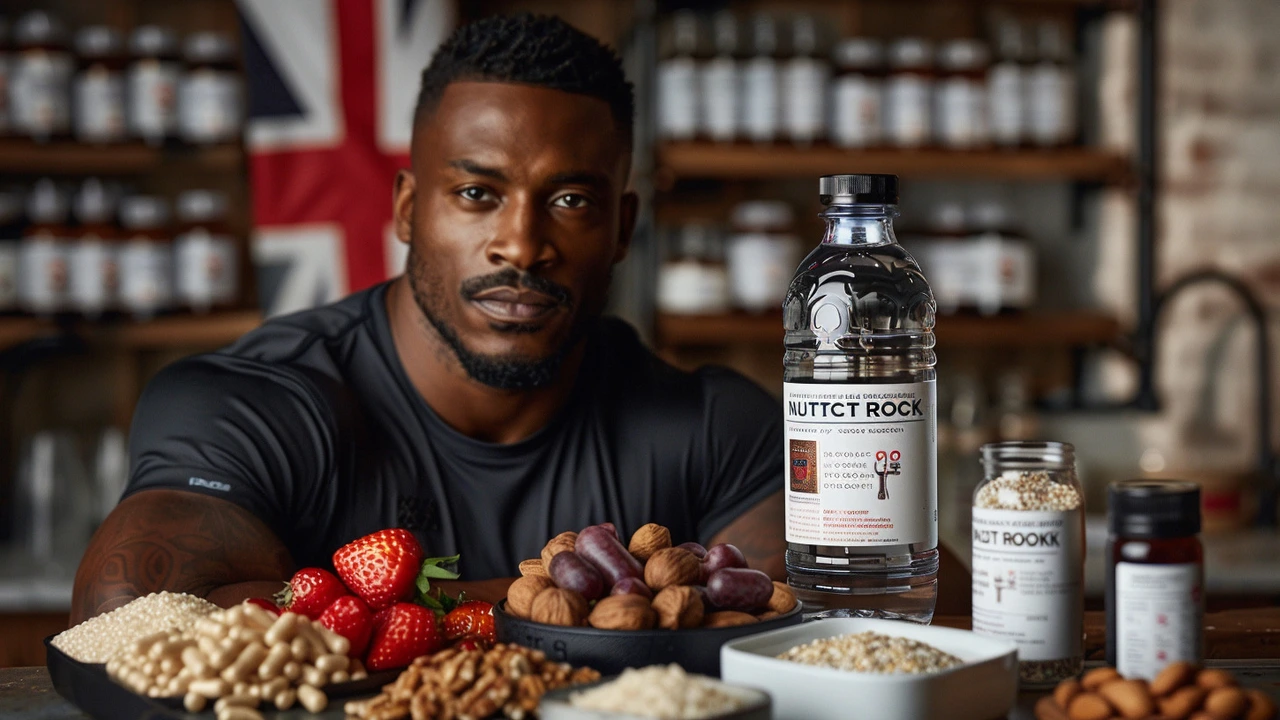The Importance of Smart Snacking for Athletes
Every athlete knows that training is just one part of achieving peak performance. What you fuel your body with is equally important, if not more so. Snacking, often considered a diet downfall, can actually be a powerful tool in an athlete's nutrition arsenal when chosen wisely. Snacks can fill nutritional gaps, maintain energy levels throughout the day, and prevent overeating at meal times. However, it's crucial to select nutrient-dense options that provide the right balance of carbohydrates, proteins, and fats essential for endurance and recovery.
Understanding the Basics: Macros and Micros
The foundation of any athlete's diet should be a solid understanding of macronutrients (macros) and micronutrients (micros). Carbohydrates are the primary energy source during intense training, proteins are crucial for muscle repair and growth, and fats provide a concentrated energy source and support cell function. Meanwhile, micronutrients, such as vitamins and minerals, play vital roles in energy production, bone health, and inflammation reduction, among other aspects of athletic performance. Balancing these nutrients ensures that your body can perform at its best, recover more quickly, and stay healthy.
Top Energy-Boosting Snacks for Maximum Performance
Choosing the right snacks can make a significant difference in how you perform and recover. Snacks high in complex carbohydrates and protein can provide a steady source of energy and aid in muscle recovery. Options like Greek yogurt with berries, apple slices with almond butter, or a small portion of quinoa salad can be both satisfying and beneficial. It's not just about what you eat, but also timing. Consuming these snacks 30 minutes to an hour before training can fuel your workout, while eating them within 30 minutes after can help recover.
Navigating Snack Preparation and Portability
While the ideal snack is nutrient-dense, it should also fit into an athlete's busy schedule. Convenience doesn't have to mean processed foods. With a bit of preparation, snacks like homemade trail mix, hard-boiled eggs, or overnight oats can be quick to grab on the go. Portability ensures that you can fuel your body whenever the need arises, without resorting to options that may be high in sugar or unhealthy fats.
The Role of Hydration in Athletic Snacking
Often overlooked, hydration plays a crucial role in an athlete's diet, affecting everything from performance to recovery. Snacks can also contribute to hydration; water-rich fruits like watermelon or oranges can be extremely refreshing and beneficial. Additionally, incorporating smoothies or shakes that include both fluids and nutrients can be a smart way to hydrate and nourish your body simultaneously.
Adapting Your Snack Choices As Your Training Demands Change
Your nutritional needs will vary depending on the intensity and duration of your training. It's important to adjust your snack choices accordingly. During heavy training periods, your body may require more proteins and carbohydrates to fuel longer sessions and recover effectively. Conversely, during lighter training days or off days, focusing more on fruits, vegetables, and healthy fats can help maintain energy levels without overloading on calories. Listening to your body and understanding its needs is key to optimizing your performance and recovery through nutrition.

Comments